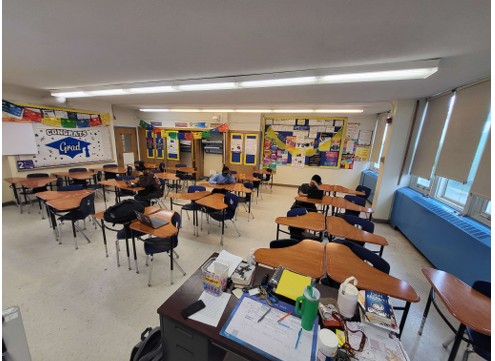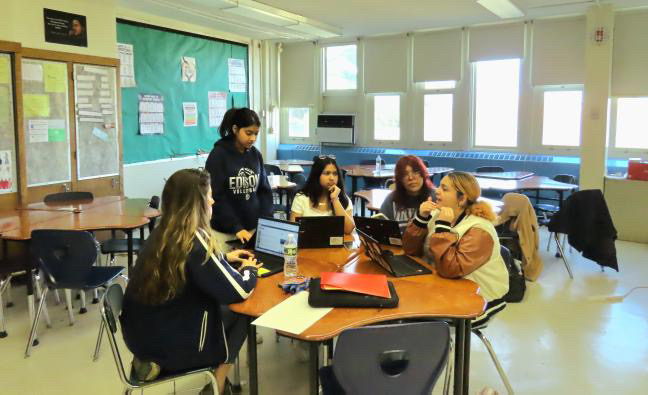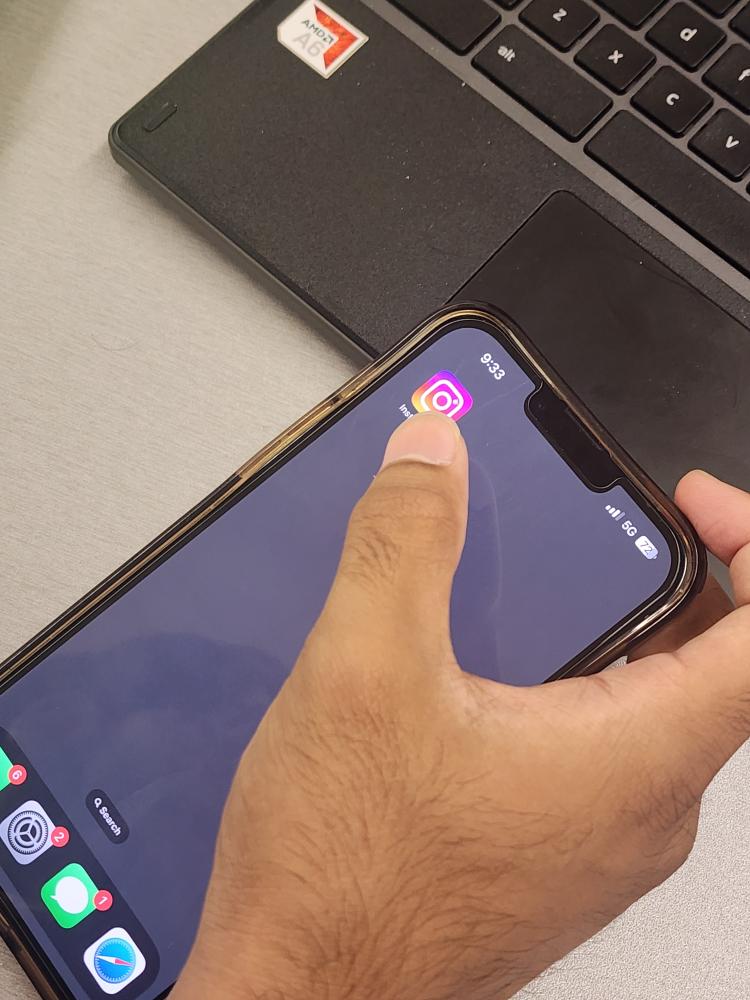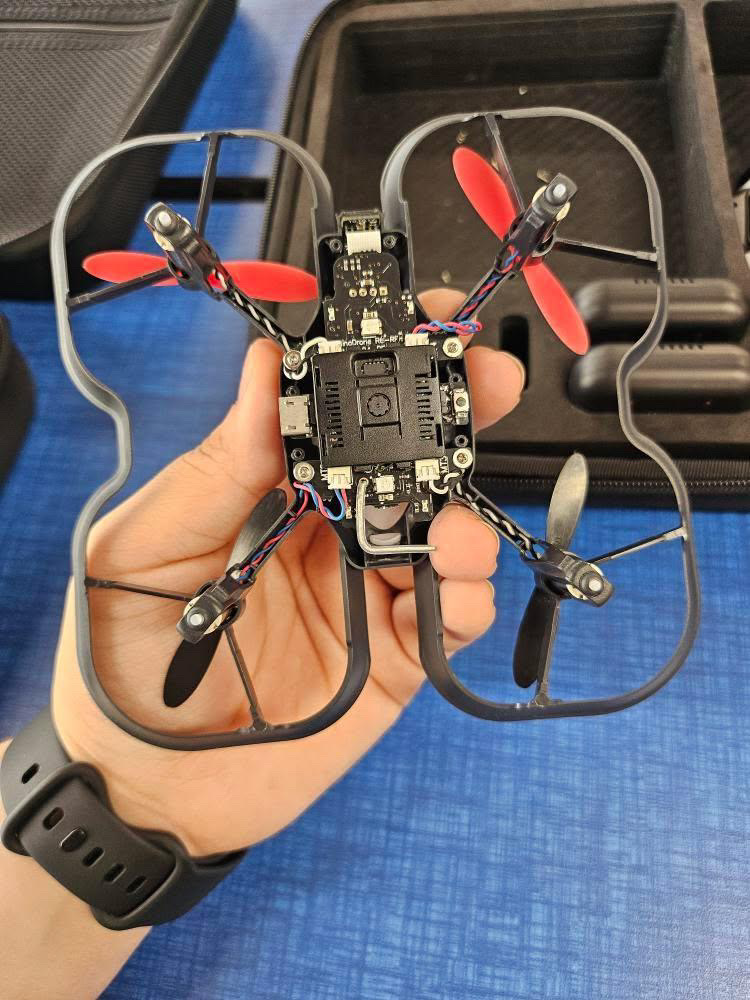In recent months, countries across the globe have enforced strict travel bans upon their citizens due to the advice from organizations like the Centers for Disease Control and Prevention and the World Health Organization. At this point, at least 93 percent of the world is living with coronavirus-associated travel restrictions and/or bans; approximately three billion people residing in nations implementing complete border closures to foreigners.
The CDC recommends that travelers avoid all non-essential international travel because of the COVID-19 pandemic. If people choose to stay inside, practice social distancing, and make efforts to flatten the curve, then there will be positive effects for everyone. Conversely, continue to go outside, gather as groups, and carry on with life completely ignoring a national crisis; those repercussions will also be felt.

The issue with travel is that the CDC, which is the leading national public health institute of the United States has explicitly stated that people should seriously not travel. People who educated themselves throughout the pandemic can understand the severity of coming in contact with the virus; however, a lot of young and immature people have used the virus as an opportunity to take advantage of cheap flights.
The air travel industry is losing a lot of money and suffering due to the spread of COVID-19. The reason that interstate travel and domestic flights are still permitted is that because people may have to travel to take care of sick people, health care workers may have to travel, and essential employees may even have to travel for their jobs. Additionally, because of how air circulates and filters on airplanes, most viruses and other germs do not spread easily on flights.
With the passenger loads down, airlines are requesting federal funding. Many layoffs are inevitable, and in almost every major airline, the data illustrates that, for example, an American Airlines a320 loses $24,009 every time a plane takes off on a 1,000 mile trip at 20% full. As a reference, if a narrow body short to mid-haul aircraft flies a flight that is 80% empty, an airline can expect to lose about $30,000 from operating the flight over a 1,000-mile journey. In just JFK airport in New York City, they employ 35,000 people. If the airline goes under, 35,000 people are left unemployed. The negative effects that this could have on the economy are immense.
About 70 people in their 20s boarded a plane from Austin, Texas, to Mexico for spring break. They went against the advice of government officials who instructed people to avoid gathering in groups of more than 10 and nonessential air travel. Now 44 of those people have tested positive for coronavirus, all from the University of Texas at Austin students.
































